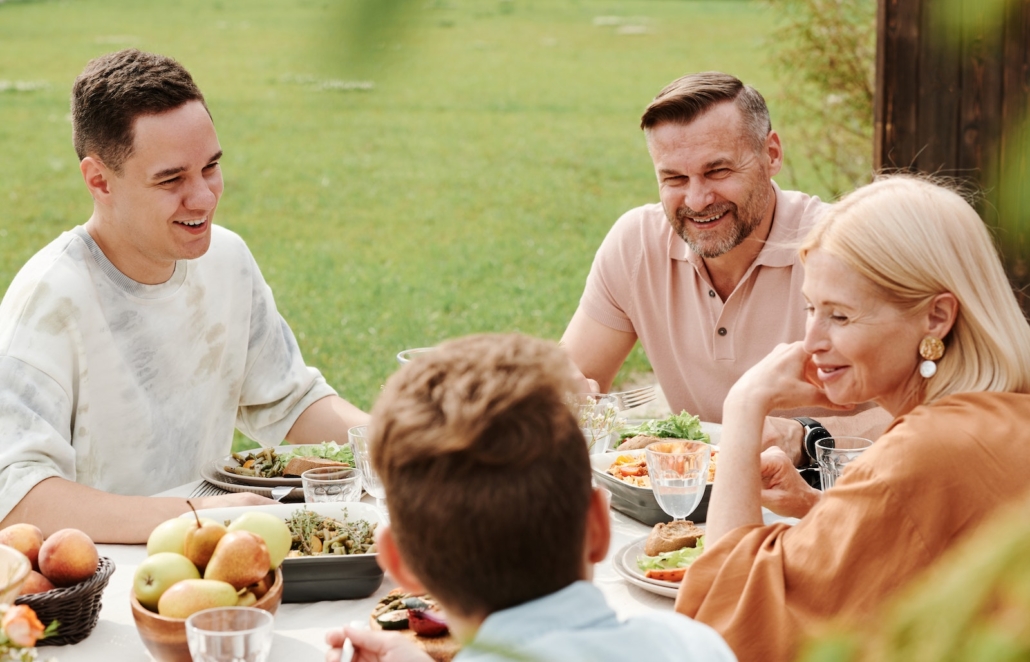As society continues to evolve, so do our traditional ideas of family dynamics. One such shift that is becoming more prevalent is the concept of co-parenting with your grown-up children. The idea of parents sharing parenting responsibilities with their adult children may seem unconventional to some, but it’s a trend that is gaining momentum in today’s world. So, what is the new normal when it comes to parenting? Are we ready to embrace co-parenting with our grown-up kids?
Co-parenting with your adult children can take on many forms, from helping with childcare responsibilities to offering financial support. For some, it may mean living under the same roof and raising grandchildren together. This arrangement can offer a sense of support and stability for both the parents and the adult children, creating a unique bond that goes beyond the traditional parent-child relationship.
One of the key benefits of co-parenting with your grown-up kids is the sense of community and shared responsibility it brings. By working together to raise children or support each other in various ways, families can create a strong support system that is beneficial for everyone involved. It can also help to ease the burden of childcare or financial pressures, allowing everyone to thrive in their respective roles.
Of course, co-parenting with your adult children is not without its challenges. Balancing boundaries and responsibilities can be tricky, especially when emotions and family dynamics come into play. Communication is key in making this arrangement work, as clear expectations and open dialogue can help to avoid misunderstandings and conflicts. It’s important for all parties involved to be transparent about their needs and limitations in order to maintain a healthy co-parenting relationship.
So, are we ready to embrace co-parenting with our grown-up kids as the new normal? The answer may vary for each family, as every situation is unique. What’s important is to approach this concept with an open mind and a willingness to adapt to the changing dynamics of family life. By working together as a team and supporting each other through the ups and downs, co-parenting with your adult children can be a fulfilling and enriching experience for everyone involved.




